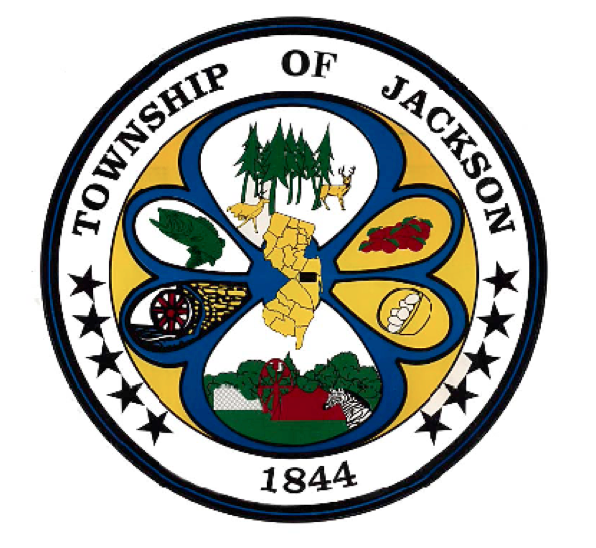JACKSON – The members of the Jackson Township Council are urging the New Jersey Board of Public Utilities (BPU) to reject New Jersey Natural Gas’ petition for a 25% customer rate increase.
Township Council President Andrew Kern, Vice President Martin Flemming, Councilman Alexander Sauickie, Councilman Stephen Chisholm Jr. and Councilman Nino Borrelli voted “yes” on a motion to pass a resolution during a meeting on May 25.
According to the resolution, the proposed rate increase would add more than $28 per month to the average ratepayer’s NJNG bill.
Jackson’s elected officials said in the resolution that the community has a large senior citizen population and that senior citizens only received a 1.3% increase in their Social Security check in 2021, but are now expected to pay a 25% increase for natural gas service.
Seniors and other vulnerable residents may be forced to choose between paying the rate increase or buying necessary food and medicine, according to the resolution, which states that the BPU, which will decide on the NJNG increase, has no representation from Ocean County.
“We are coming off a pandemic, I think people have had a rough 18 months. This is probably not the right time to increase any more expenses above what has already been increased over the last 12 months, including tolls in this state. With gas prices up about a dollar in the last four months, I don’t think the residents need another increase in anything,” Sauickie said.
“Although New Jersey Natural Gas has run efficiently and at a low cost for many years, there is absolutely no justification for a 25% rate increase for all the clients, for all the customers that are New Jersey Natural Gas customers,” Kern said.
“This 25% is for future improvements that are not going to help existing customers and I don’t think that is the right way to finance new projects,” he said.
“I think this (request for a rate increase) is coming at the worst time, when many people are trying to get up and running from this year-long pandemic, and it also adversely affects particularly many seniors,” Borrelli said.
“We have many seniors who live in our town and many seniors who live on fixed incomes that (the rate increase) would drastically affect.
“Hopefully, many other municipalities will join us in expressing their opposition to this big rate increase on the back of the ratepayers who pay for these projects. It’s wrong,” he said.
In response to Kern’s comments, Kevin Roberts, a spokesman for New Jersey Natural Gas, said the filing for the rate increase does not have anything to do with financing new or future projects.
He said the company makes base rate filings periodically to the BPU based on investments that have already been made; generally since the last time a rate filing occurred.
“The most important part of this is that these investments have been made already and are benefiting customers – and we are following the process to recover those costs – and that nobody has to choose between paying utility bills and putting food on the table, especially our senior households,” Roberts said.
He said help is available and said NJNG is “a champion in connecting our customers with any and all assistance they are eligible for.”
“First, it’s important to keep these costs in perspective. Nobody wants to hear they are being asked to pay more and we understand that, but even if this rate request were approved in full at the level we have requested, customers’ bills would still be 16% lower than they were in 2008,” Roberts said.
“So why are we asking for an increase to begin with? It’s because NJNG never stops investing in the safety and reliability of our system, so we can meet our obligation to serve our customers who rely on us to heat their homes, especially during the coldest times of the year.
“That’s our core function as a lifeline utility and the most important thing we do, and it’s the driving force behind the investments we have made and why we are asking for a rate increase in this filing,” Roberts said.
“What we spend reflects our priorities – most importantly, delivering the gas service families and businesses depend on in a safe and reliable way. Our customers, government officials and state regulators would consider it unacceptable if we were unable to meet our service mandate because we failed to invest in the integrity of our system,” he said.
“Finally, when it comes to the cost of carrying utility bills, nobody has to choose between paying their utility bills and paying for other necessities. No matter the reason, whether it is fixed income, unexpected hardship or another financial strain, help is available and NJNG dedicates significant staff and resources to reaching any customer in need and getting them every kind of help they are eligible for,” Roberts said.

